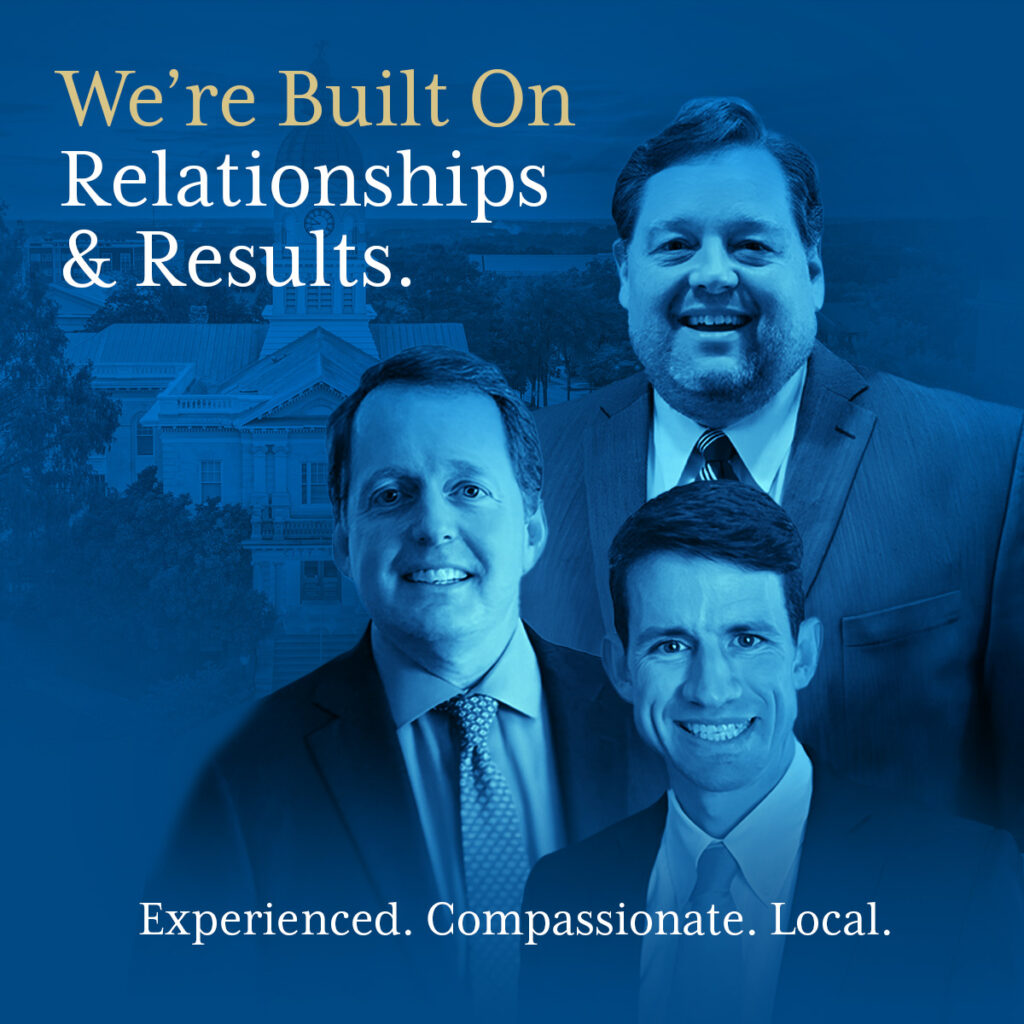GPS navigation systems have become an essential tool for drivers, helping them find the quickest routes, avoid traffic, and explore unfamiliar areas with ease. However, as helpful as these systems can be, they are not infallible. There have been numerous instances where misleading or incorrect GPS directions have led drivers into dangerous situations, resulting in accidents. Attorneys like those at The Andres Lopez Law Firm can attest to the fact that these incidents can have serious consequences, both legally and personally.
GPS systems rely on satellite data and digital maps to provide directions. While they are generally accurate, several factors can cause these systems to give misleading instructions. One common issue is outdated map data. Roads are constantly changing due to construction, closures, and new developments, but if a GPS system is not updated regularly, it may not reflect these changes. This can lead to directions that send drivers down closed roads, one-way streets, or even into dangerous terrain.
Another problem arises from GPS systems misinterpreting or miscalculating routes. For example, a GPS might suggest a shortcut that seems faster but actually takes drivers down narrow, winding roads that are unsafe for certain vehicles. In extreme cases, GPS systems have directed drivers onto railroad tracks, into rivers, or off-road entirely, leading to serious accidents. It might seem far-fetched to believe that a person would actually drive into a body of water, but driving late at night or in weather in an unfamiliar area can lead to such accidents.
Real-World Examples Of GPS-Related Accidents
There have been several high-profile cases where GPS systems have been linked to accidents. In one case, a driver followed GPS directions onto a railroad crossing and became stuck, leading to a collision with an oncoming train. In another instance, a GPS directed a family into a remote wilderness area during winter, where they became stranded for days. These situations highlight the potential dangers of relying too heavily on GPS systems without using common sense and paying attention to the environment.
Even in less extreme cases, GPS errors can cause significant problems. Drivers may find themselves lost in unfamiliar neighborhoods, forced to make sudden and dangerous maneuvers, or distracted by trying to interpret confusing instructions. All of these scenarios increase the risk of accidents. Typical distractions are normally thought of for accidents such as texting or eating, but trying to follow directions can lead to accidents too.
Legal Implications Of GPS-Related Accidents
When an accident occurs as a result of misleading GPS directions, determining liability can be complex as a car accident lawyer can attest. Typically, drivers are responsible for maintaining control of their vehicles and making safe driving decisions, even if their GPS gives incorrect directions. However, if the GPS error is deemed to have significantly contributed to the accident, it may raise questions about the responsibility of the GPS manufacturer or the provider of the map data.
For example, if a GPS system directs a driver onto a road that is known to be dangerous or closed, and the driver has no way of knowing this until it's too late, there could be grounds for a legal claim against the company responsible for the GPS system or the map data. However, these cases can be difficult to prove, as it often depends on the specifics of the situation, including whether the driver had reasonable alternatives or if the GPS instructions were clearly flawed. A lawyer will be able to determine fault whether it is the GPS software or something else.
GPS navigation systems have transformed the way we drive, making it easier than ever to get from point A to point B. However, when these systems go wrong, the consequences can be severe. By staying vigilant and using common sense, drivers can reduce the risk of accidents caused by misleading GPS directions. If an accident does occur, it’s important to seek legal advice to understand your options and protect your rights.




